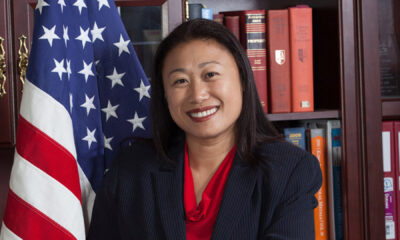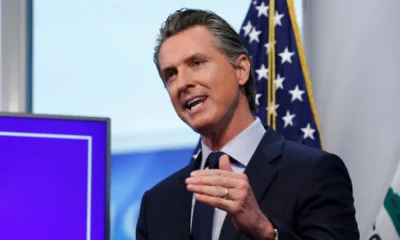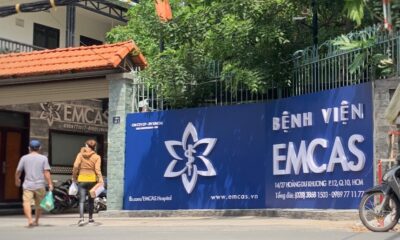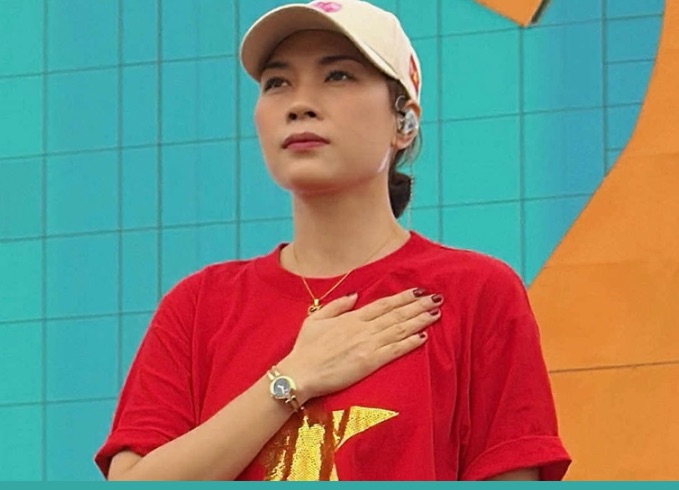When you deposit a check, you might expect the money to appear in your account immediately. But many consumers notice a delay—sometimes a few days—before the funds are fully available. While banks cite security and verification as reasons for these holds, there’s another motive quietly at play: Earning interest on the float.
The “float” refers to the money that exists in transit between accounts—such as the period after a check is deposited but before it’s officially cleared. During this brief window, that money doesn’t yet belong to the recipient. Banks, however, may still have access to it. And they put it to work.
For large banks handling millions of transactions daily, the float represents billions of dollars temporarily under their control. By investing these funds in overnight lending markets or interest-bearing instruments, banks can generate substantial revenue—often without consumers realizing it.
When a check is deposited, banks typically follow regulations like the U.S. Expedited Funds Availability Act (Regulation CC). This law sets maximum hold times—for example, up to two business days for local checks and up to seven for non-local ones. But within that window, banks have discretion to release or hold funds.
Banks often justify holds as a fraud-prevention tool. They need to ensure the check isn’t forged, bounced, or revoked before crediting the funds. But in reality, technology allows most checks to be verified and processed within hours, especially with electronic clearing systems like Check 21.
While a customer waits for their funds to clear, the bank may:
- Invest the float in short-term markets
- Use it to manage reserves or overnight balances
- Deploy it toward loans or other yield-generating instruments
Although individual deposits may seem insignificant, the combined total held in limbo is enormous. If a bank holds $100 million in daily check deposits for just 24 hours and earns 4% annual interest, that’s over $10,000 a day in potential earnings—on money that doesn’t yet belong to them.
From the customer’s perspective, these delays can be frustrating or even financially damaging—especially if funds are needed urgently. For individuals living paycheck to paycheck, a held deposit might mean overdraft fees, missed bills, or cash flow issues.
Chase Bank is known for holding deposited checks from their customers even after funds have been transferred and cleared, often maximizing the allowable hold period under existing regulations, which the bank typically justifies as a measure to prevent fraud. Even when depositing a check from one Chase account to another Chase account, where internal verification of funds is straightforward, customers are told that a hold of up to 2-5 business days will still be enforced. In some cases, when a Chase customer deposits a check from another bank—where both institutions can verify that funds are available, the check has cleared, and the transfer has been completed the same day—the customer is still informed that a hold of 5 business days applies but customers have reportedly had their checks held for 9 days.
Regulators have occasionally scrutinized this practice, particularly when banks exploit gray areas for profit. Still, as long as institutions remain within legal holding periods, little prevents them from using these funds to their advantage.
Some consumer advocates have called for tighter restrictions and more transparency in fund availability policies. They argue that in an era of near-instantaneous digital transactions, traditional check-hold timelines are outdated and skewed in favor of banks. Banks should not be allowed to place extended holds on checks unless they have solid, factual reasons to believe the check may be uncollectible. They also can’t rely on the “reasonable cause” exception at their discretion—there must be clear, well-founded evidence that raises doubt about the check’s collectability.
With the rise of real-time payment systems and peer-to-peer apps (Venmo, Zelle, Cash App), the era of paper checks is fading. Still, checks remain common in business and government payments, and the incentives to hold funds—however briefly—persist.
Check holds may seem like a relic of the past, but for banks, they’re still a quiet source of profit. By capitalizing on the float, banks earn interest on money that doesn’t yet belong to them—often under the radar of both regulators and consumers.


 Politics4 years ago
Politics4 years ago
 Business4 years ago
Business4 years ago
 Business3 years ago
Business3 years ago
 Business4 years ago
Business4 years ago
 Business4 years ago
Business4 years ago
 Business6 years ago
Business6 years ago
 Business4 years ago
Business4 years ago
 Business4 years ago
Business4 years ago





